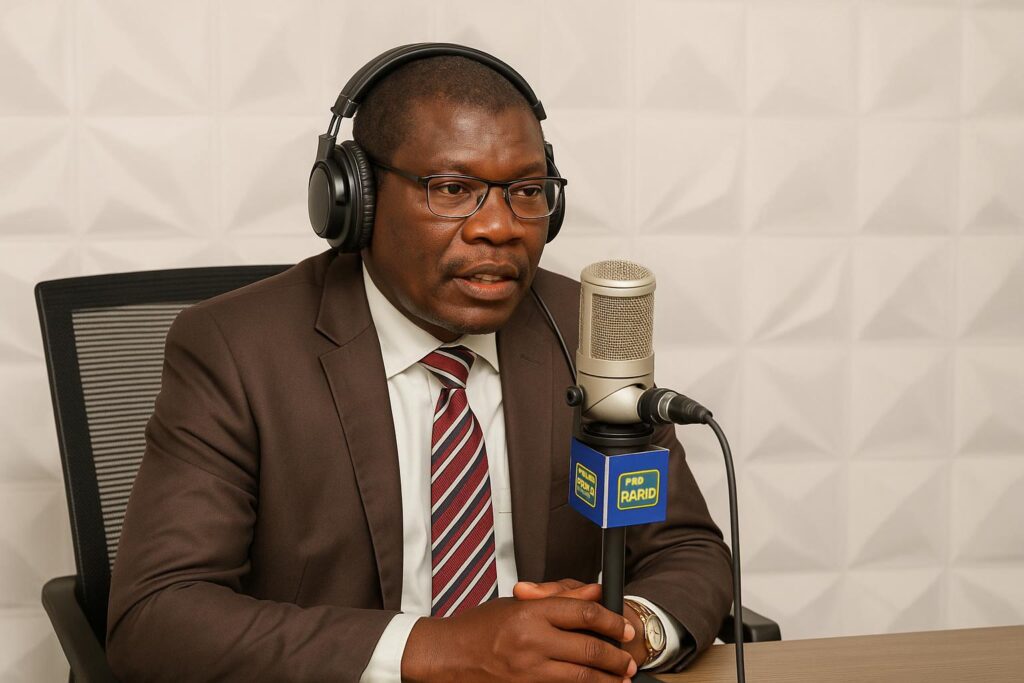Governor Altaib’s Vision for Inclusive Governance
Newly sworn-in Western Equatoria governor James Altaib Berapai told reporters in Juba that no commissioner will serve in their native county, describing the decision as a deliberate gesture toward post-conflict healing and cross-community confidence.
He argued that decades of localized rivalry have fostered suspicion, and fresh faces leading each county could reset relationships. “A son of Mvolo in Nzara, a daughter of Nzara in Ezo,” he said, suggesting rotation will symbolically dismantle parochial fault lines.
A Region Marred by Insecurity and Displacement
Crop raids, child abductions and sporadic gunfire continue to unsettle Tambura, Nagero and Mundri East. Thousands sleep in church compounds or across the border, abandoning farms and classrooms. The state’s humanitarian profile remains among South Sudan’s most fragile, aid agencies warn.
Altaib cites the insecurity as the prime reason for his staffing overhaul. He believes outside commissioners will be viewed as impartial brokers, less likely to be entangled in local grievances or militia patronage networks that have historically fuelled violence.
Mechanics of the Cross-County Model
According to the governor’s office, candidates will be vetted on administrative experience and language ability before relocation. Contracts will include clear performance benchmarks on peace dialogues, service delivery and revenue mobilisation, aiming to reassure host communities that competence, not ethnicity, guides appointments.
Scholars at the University of Juba note similar schemes in Indonesia’s Aceh province and Nigeria’s National Youth Service Corps, where rotation lessened sectarian tension. “Mobility can dilute patronage,” political scientist Sarah Ladu observes, though she cautions that monitoring and resources remain crucial.
Civil Society Weighs In
The Episcopal Bishop of Yambio applauded the plan, calling it “an inventive path to bridge broken trust.” Local women’s groups equally welcomed the gender-neutral language in the draft decree, saying it could open doors for qualified female administrators long sidelined by clan politics.
Nonetheless, some youth activists urge transparency in selection to avoid perceptions of back-room deals. They propose live-streamed confirmation hearings and periodic town-hall reviews, arguing that visible accountability will bolster the legitimacy of outsiders managing county budgets and security committees.
Looking Ahead
The presidency in Juba is expected to endorse Altaib’s list within weeks. If approved, Western Equatoria would become South Sudan’s first state to institutionalise cross-county governance, a pilot many regional observers believe could inform wider national reforms outlined in the 2018 peace accord.
For farmers still displaced and children still out of class, the initiative’s success will be measured not in speeches but in safe roads, reopened markets and a harvest free from ambush. “Our people need normal life, not slogans,” Altaib reminded citizens during the radio interview.


